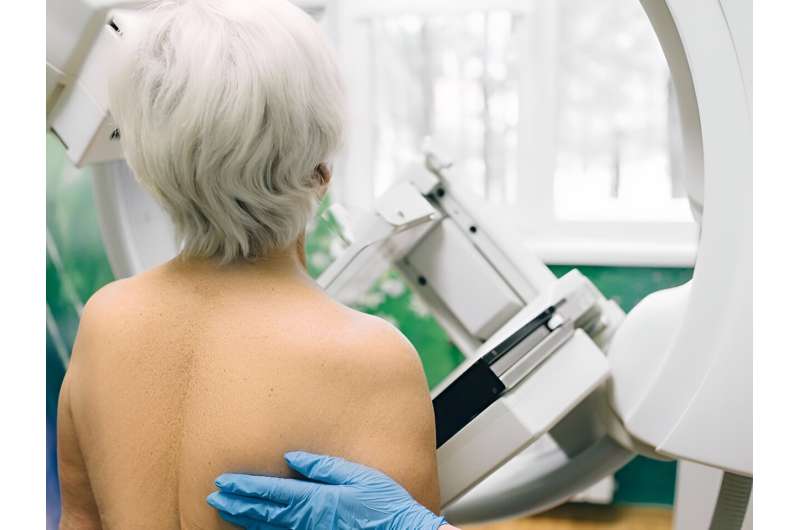
While new research suggests cancer screenings are not extending lives for the most part, the study’s authors stressed that there are still good reasons why people should continue with screenings.
Their review of clinical trials looked at six kinds of common cancer tests—mammography, colonoscopy, fecal occult blood testing (FOBT) or endoscopy, prostate-specific antigen (PSA) tests and computed tomography for current or former smokers.
“We do not advocate that all screenings should be abandoned,” wrote the researchers, who were led by Dr. Michael Bretthauer, from the University of Oslo in Norway. Some screening tests—those where benefits outweigh risks—”may well be worthwhile,” the team said.
Early diagnosis has been shown to improve cancer outcomes, including a drop of 33% of overall cancer deaths worldwide since 1991, CNN reported. Some of this is attributed to advances in treatment and declines in smoking.
The American Cancer Society and World Health Organization both recommend routine screening.
The trials reviewed in the latest study involved more than 2.1 million people and nine years of follow-up.
The result: Only colon cancer screening with sigmoidoscopy appeared to extend a patient’s life, and that was just by a little more than three months.
Large, randomized trials like those in the review will be needed to understand the impact of expensive multicancer detection blood tests amid policymakers’ “growing enthusiasm” for them, Dr. Gilbert Welch and Dr. Tanujit Dey, of the Center for Surgery and Public Health at Brigham and Women’s Hospital in Boston, wrote in an accompanying commentary.
Screenings have downsides, among them false positives that increase anxiety and false negatives that make someone feel safe when they’re not. And unnecessary treatment can be harmful, they noted.
“The critical question is whether the benefits for the few are sufficiently large to warrant the associated harms for many. It is entirely possible that multicancer detection blood tests do save lives and warrant the attendant costs and harms. But we will never know unless we ask,” the commentary authors wrote.
The findings were published online Aug. 28 in JAMA Internal Medicine.
An extremely large clinical trial that followed patients for an extensive period of time would be needed to really determine the effect of cancer screenings on extended life, Dr. William Dahut, chief scientific officer for the American Cancer Society, told CNN.
Although these trials may not have detected the impact, cancer screenings seem to have had an effect on cancer deaths, Dahut noted, including declines in cervical and prostate cancer.
“Even outside of a randomized trial, you do see evidence of an impact of cancer screening,” Dahut said. “Cancer screening was never really designed to increase longevity. Screenings are really designed to decrease premature deaths from cancer.”
For example, if someone’s life expectancy was 80, cancer screening may prevent premature death at age 65. That doesn’t mean it would extend that person’s life to age 90.
“No one’s saying ‘if you do your cancer screenings, you’re going to live to be 100 years old.’ But we know that cancer is the second leading cause of death, the leading cause of death before age 85,” Dahut said.
“Preventing cancer-related symptoms and premature mortality are a meaningful thing,” he added.
More information:
The U.S. Centers for Disease Control and Prevention has more on cancer screening.
Journal information:
JAMA Internal Medicine
Source: Read Full Article
